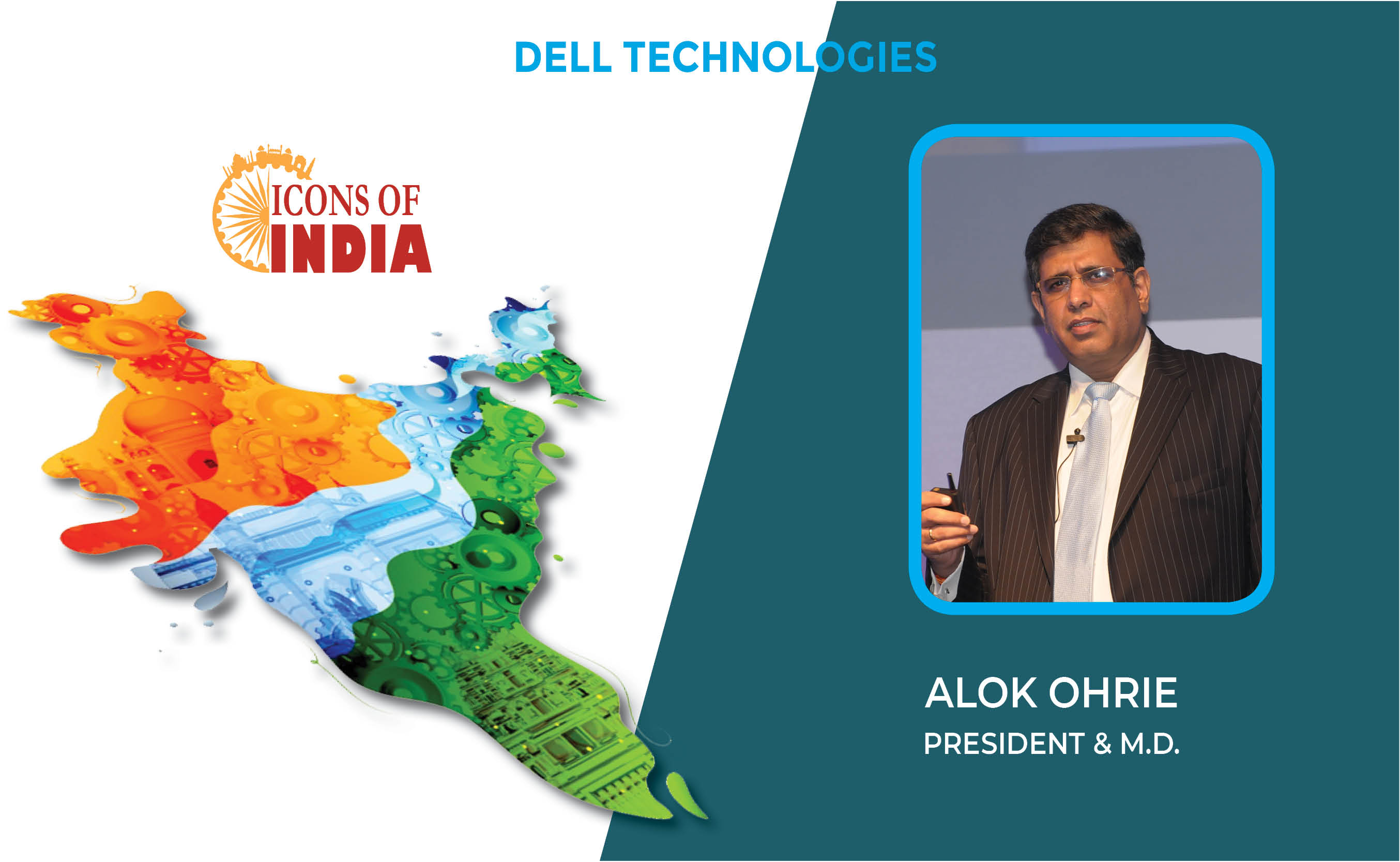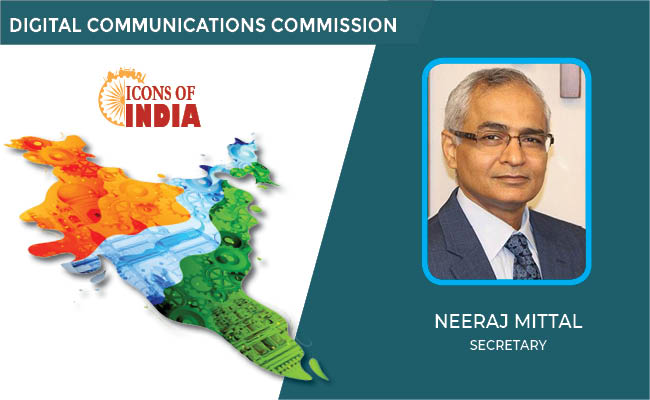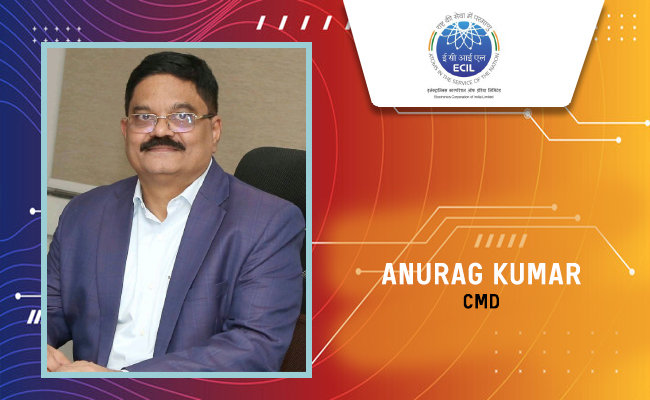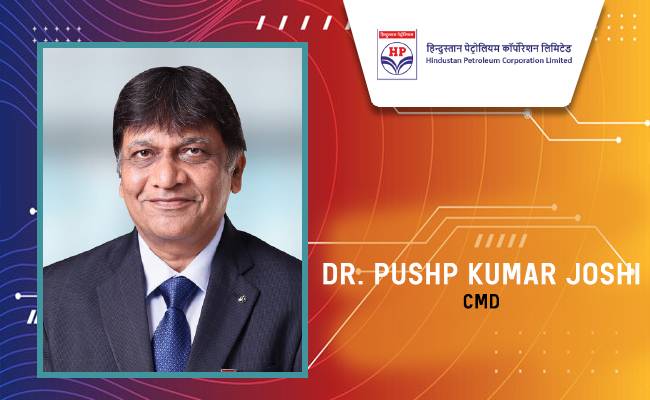All Sensitive Data Be Stored Locally: GoI
By MYBRANDBOOK

As per the directive of Reserve Bank of India (RBI) has said all data related to payment transactions must be stored in the country and that such information, if processed abroad, will have to be brought back within 24 hours. The entire payment data shall be stored in systems located only in India.
RBI clarified on the frequently asked question (FAQ) section, by responding to certain issues raised by payment system operators. “The data should be deleted from the systems abroad and brought back to India not later than one business day or 24 hours from the payment processing, whichever is earlier.
Government will insist on all “critically sensitive” electronic data be stored in servers within the country while other data may be allowed to be stored abroad. In some cases, however, mirror sites within the country will be insisted upon. Officials said that in a legislation which may come before the Parliament soon, the government would insist that only this category of data, including data on financial transactions within the country, health, social orientation, etc., be stored locally since they are “critically sensitive” and be made available to the state if the need arises.
“Other data such as whether you like buying mobile phones or eating burgers could be stored abroad… that data storage decision would be a commercial one for the company which has the data. Many firms prefer to store data where costs and taxes are relatively lower. India has been in talks with US authorities over its data storage rules ever since the RBI mandated that data on Indian financial transactions have to be stored locally.
Officials said the whole issue first arose when, after the November 26, 2008 terror attack on Mumbai, India’s intelligence agencies sought certain data pertaining to Indian citizens from internet-based social media firms, who were extremely reluctant to share it. However, after initially toying with the idea of forcing firms dealing with data on Indians to store it locally, the government has realized that having encryption keys which allow them to monitor such data was more important.


Legal Battle Over IT Act Intensifies Amid Musk’s India Plans
The outcome of the legal dispute between X Corp and the Indian government c...

Wipro inks 10-year deal with Phoenix Group's ReAssure UK worth
The agreement, executed through Wipro and its 100% subsidiary,...

Centre announces that DPDP Rules nearing Finalisation by April
The government seeks to refine the rules for robust data protection, ensuri...

Home Ministry cracks down on PoS agents in digital arrest scam
Digital arrest scams are a growing cybercrime where victims are coerced or ...


Icons Of India : ALOK OHRIE
Alok Ohrie leads Dell Technologies’ India business, overseeing Sales...

Icons Of India : NEERAJ MITTAL
He started his career as an IAS Officer in 1992. He has held various a...

Icons Of India : Harsh Jain
Harsh Jain, the co-founder of Dream 11, the largest fantasy sports web...


PFC - Power Finance Corporation Ltd
PFC is a leading financial institution in India specializing in power ...

ECIL - Electronics Corporation of India Limited
ECIL is distinguished by its diverse technological capabilities and it...

HPCL - Hindustan Petroleum Corporation Ltd.
HPCL is an integrated oil and gas company involved in refining, market...


Indian Tech Talent Excelling The Tech World - Aman Bhutani, CEO, GoDaddy
Aman Bhutani, the self-taught techie and CEO of GoDaddy, oversees a co...

Indian Tech Talent Excelling The Tech World - Lal Karsanbhai, President & CEO, Emerson
Lal Karsanbhai, President and CEO of Emerson, assumed the leadership i...

Indian Tech Talent Excelling The Tech World - REVATHI ADVAITHI, CEO- Flex
Revathi Advaithi, the CEO of Flex, is a dynamic leader driving growth ...
 of images belongs to the respective copyright holders
of images belongs to the respective copyright holders